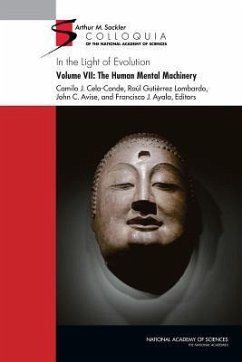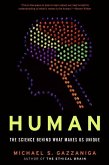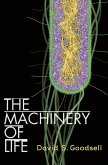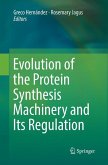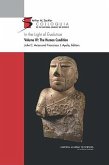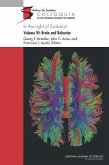Humans possess certain unique mental traits. Self-reflection, as well as ethic and aesthetic values, is among them, constituting an essential part of what we call the human condition. The human mental machinery led our species to have a self-awareness but, at the same time, a sense of justice, willing to punish unfair actions even if the consequences of such outrages harm our own interests. Also, we appreciate searching for novelties, listening to music, viewing beautiful pictures, or living in well-designed houses. But why is this so? What is the meaning of our tendency, among other particularities, to defend and share values, to evaluate the rectitude of our actions and the beauty of our surroundings? What brain mechanisms correlate with the human capacity to maintain inner speech, or to carry out judgments of value? To what extent are they different from other primates' equivalent behaviors? In the Light of Evolution Volume VII aims to survey what has been learned about the human "mental machinery." This book is a collection of colloquium papers from the Arthur M. Sackler Colloquium "The Human Mental Machinery," which was sponsored by the National Academy of Sciences on January 11-12, 2013. The colloquium brought together leading scientists who have worked on brain and mental traits. Their 16 contributions focus the objective of better understanding human brain processes, their evolution, and their eventual shared mechanisms with other animals. The articles are grouped into three primary sections: current study of the mind-brain relationships; the primate evolutionary continuity; and the human difference: from ethics to aesthetics. This book offers fresh perspectives coming from interdisciplinary approaches that open new research fields and constitute the state of the art in some important aspects of the mind-brain relationships.
Hinweis: Dieser Artikel kann nur an eine deutsche Lieferadresse ausgeliefert werden.
Hinweis: Dieser Artikel kann nur an eine deutsche Lieferadresse ausgeliefert werden.

